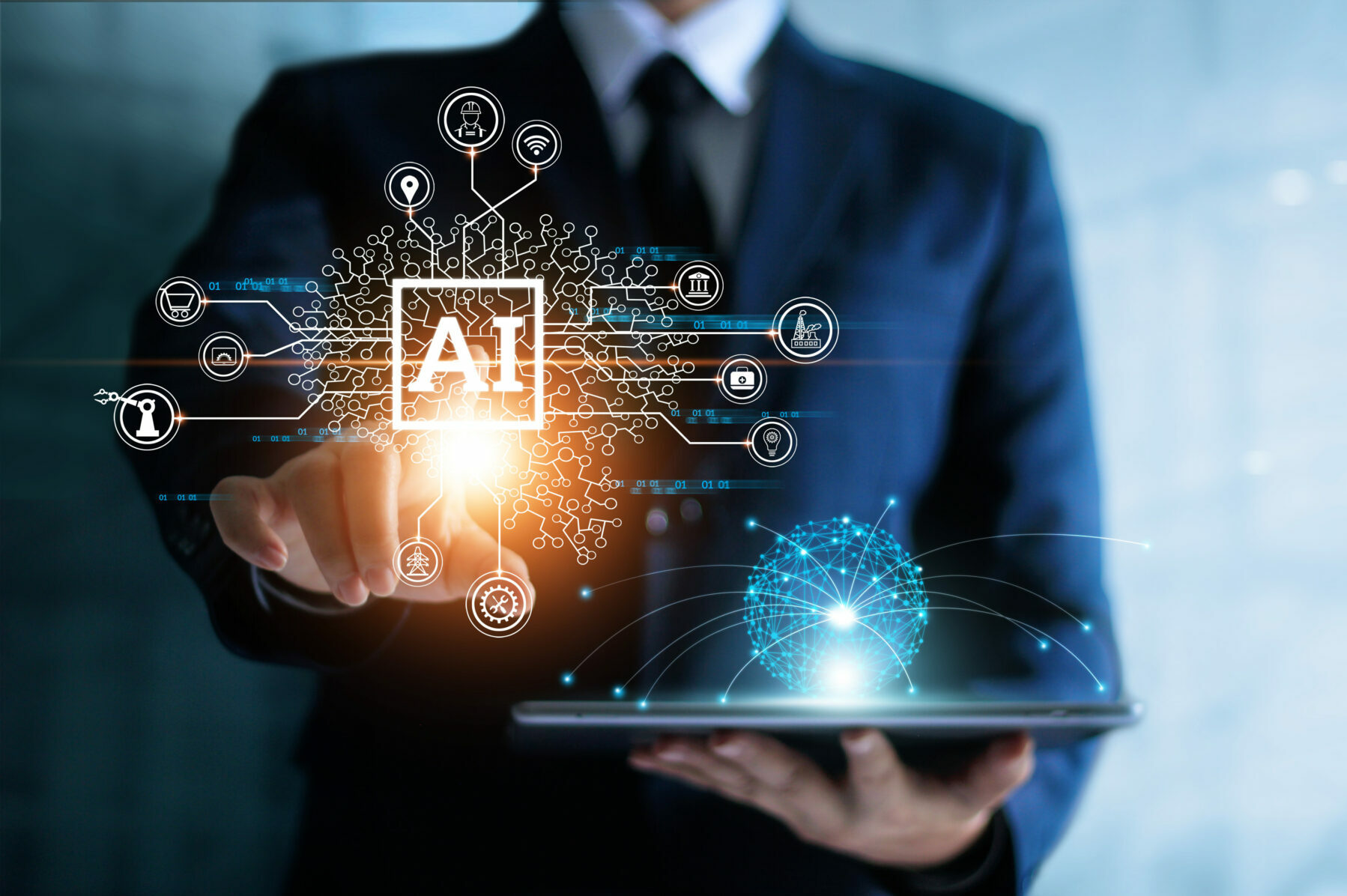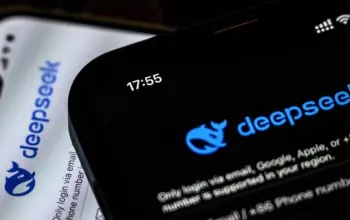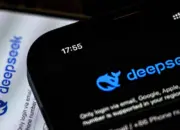Uzone.id – So, you’ve probably heard the buzz: AI is coming, and it might just take your job. But is that really going to happen, or is it all hype? Let’s break it down in a way that’s easy to digest and take a closer look at whether AI will replace human jobs, or just make them easier.
Which Jobs Are at Risk?
First things first, yes, some jobs are at risk. AI is super good at repetitive tasks—things like data entry, scheduling, and even legal document review. In fact, generative AI might eventually replace the equivalent of 300 million full-time jobs worldwide.
A new report says, AI’s impact will vary across different sectors – predicting that 46% of tasks in administrative and 44% in legal professions could be automated.
In addition to office-based jobs, industries such as manufacturing and logistics are also vulnerable, although it is estimated that only 4-6% will be affected.
Big companies like Amazon have been using AI-driven robots to sort, pack, and ship products, cutting down on human labor. So yeah, some industries are definitely feeling the heat from automation.
New Jobs Are on the Horizon
But before you freak out, it’s not all doom and gloom. AI isn’t just here to take jobs—it’s also going to create new ones. Think about it: AI still needs people to build, maintain, and improve it. The rise of AI is sparking demand for jobs like AI trainers, ethicists, and data scientists.
According to the World Economic Forum, AI could create millions of new roles by 2027 in areas like data analysis and cybersecurity. So while some jobs may disappear, plenty of new ones will pop up, especially if you’re willing to learn a bit about coding, data, or AI ethics.
AI Can’t Replace Everything
In fact, AI can be super powerful, but it can’t replicate human emotions, creativity, or complex problem-solving — at least not yet. Jobs in fields like healthcare, education, and the arts are safer because they rely on human empathy and creativity.
Think about it: while AI can handle data analysis for doctors, it’s not going to sit with a patient and explain a difficult diagnosis in a comforting way. Same goes for teachers. AI can assist with grading papers or answering simple questions, but it’s not going to inspire a classroom full of kids like a human teacher can.
A report from the International Labour Organization (ILO) backs this up, saying that AI will mostly “augment” human jobs rather than replace them. It will handle repetitive tasks, freeing you up to focus on stuff that requires creativity, problem-solving, and emotional intelligence.
AI as a Tool, Not a Threat
Instead of worrying about AI taking over, think about how it could make your job easier with the power of AI.
For example, marketers use AI tools to analyze customer data and trends, which helps them create better ad campaigns. Journalists use AI to sift through large amounts of information and find key insights. Even lawyers are using AI to draft contracts and do research.
A report from PwC shows that AI could boost the global economy by $15.7 trillion by 2030. The key takeaway? AI is going to create as many jobs as it takes away — but those jobs will be different. The smart move is to learn how to work with AI to enhance your skill set rather than worry about being replaced.
As Sam Altman, CEO of OpenAI, puts it, “The future of work is not about AI versus humans. It’s about AI and humans together.”
Wrapping It Up
Will AI replace your job? Maybe, if it’s a routine job that can be easily automated. But for most people, AI is more likely to change the way you work rather than take your job entirely.
The real question is how you’re going to adapt. If you’re ready to embrace AI and upskill, you’ll probably find that it makes your job easier, not obsolete.
The World Economic Forum predicts that by 2025, half of all employees will need to upskill to stay relevant. Learning new tech skills like data analysis, AI management, or coding can help you future-proof your career.
So instead of stressing out about robots taking over, focus on how you can ride the wave of change. The future of work is coming fast, but with the right mindset and skills, you’ll be ready for it.














